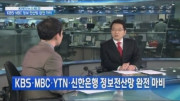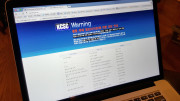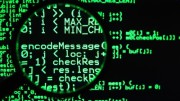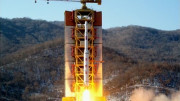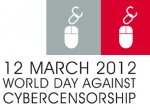 North Korea remains high on the list of enemies of the Internet, Paris-based Reporters Without Borders said Monday in an annual report on Internet censorship.
North Korea remains high on the list of enemies of the Internet, Paris-based Reporters Without Borders said Monday in an annual report on Internet censorship.
The country was listed alongside Bahrain, Belarus Burma, China, Cuba, Iran, Saudi Arabia, Syria, Turkmenistan, Uzbekistan and Vietnam as a home to the world’s most repressive online regimes.
The news won’t come as a surprise to anyone that follows North Korea. The country has the world’s harshest restrictions on Internet use and an almost total ban on access. Only a handful of the country’s 24 million people are allowed access, and then it’s only to operate propaganda websites or harvest technical and educational manuals, books and materials for domestic use.
Reporters Without Borders also singles out South Korea’s increasing use of the National Security Law to clamp down on anything online considered “pro-North Korean.”
The report highlights a previous article on this blog noting Police submitted 80,449 requests to the Korea Communications Standards Commission for the removal of online postings in 2010 compared to just 1,793 in 2008.
The law, which the group calls “obsolete and arbitrary” has also been used to arrest two Internet users: Park Jeong-geun and Kim Myung-soo. The arrests and the law, which dates to 1948, recently brought South Korea some international attention through several U.S. media reports.
Last week a South Korean court handed down a suspended prison sentence to a former military officer for running a “pro-North Korea Internet community.” Local media said the man, identified only by his surname Bang, was sentenced to two years in jail, suspended for three years. Bang ran a website and uploaded 379 postings that were favorable to North Korea, the court heard.
Far from free speech, the judge in the case, Shin Woo-jung, was quoted by The Korea Times as saying, “Bang’s activities could possibly become a threat to the [South’s] system of liberal democracy.”

